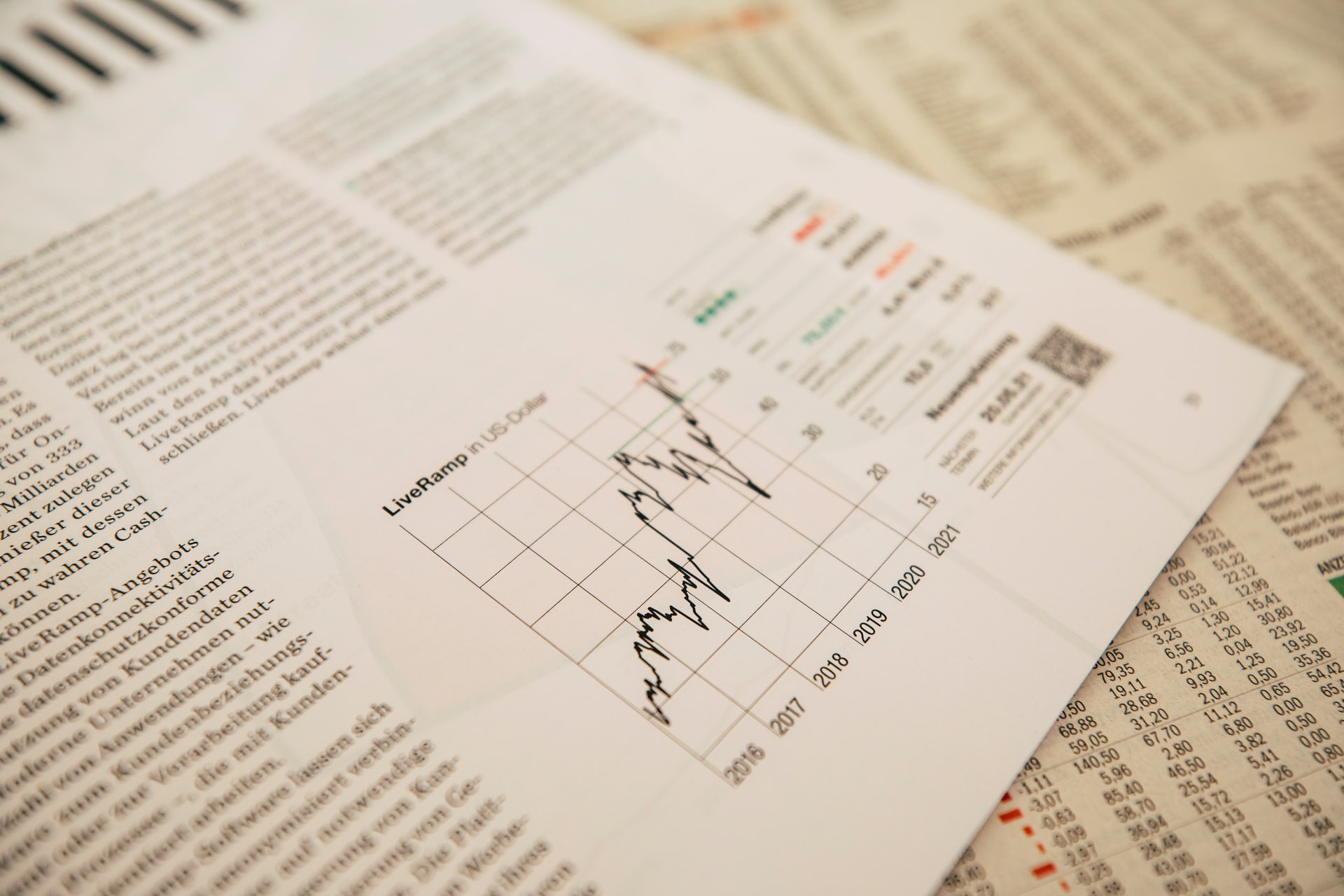Invest Lithuania assisted in luring 31 FDI projects in H1 2022 as opposed to 22 in H1 2021, a 40% increase. The location of 15 new businesses has been declared, and 16 businesses have confirmed expansion intentions.
Ausrine Armonaite, the Minister of the Economy and Innovation, emphasizes that this equal distribution of new entrants and expansions is a sign of healthy growth “Though much has been said about how the conflict might affect the local economy, Lithuania has managed to maintain its reputation as a desirable business partner. The European Union and NATO membership of Lithuania, along with its established infrastructure, tax breaks, and pool of highly skilled workers, all contribute to the country’s favorable economic climate.”
Technology is still the dominant force.
As the nation develops into an increasingly active IT centre, the sector establishes its dominance, accounting for 17 out of 31 FDI projects. Fintech is the dominant participant in the market; in the EU, Lithuania has the most licensed fintech institutions (147). As a result, the ecosystem of support is expanding, with tech-savvy lawyers, HR, and communication specialists providing crucial assistance to all operations.
Among the newcomers in the technology sector are German IT services giant GOD, which has opened offices in the two main cities in Lithuania, and American in-location experience management company Raydiant, which opened its largest office outside the US.
An increase in manufacturing initiatives
In 2022, Lithuania has welcomed a sizable number of manufacturing projects. One of the most reliable signs of a sound and stable investment environment is the presence of new industrial facilities. PON.Bike, a pioneer in the global cycling business, announced expanding to Lithuania; FRC LT, part of the Ryanair group, will build an aviation repair facility; and veteran Dovista will continue to upgrade their manufacturing in Lithuania.
Energy security is likely to grow in importance for businesses that manufacture goods. It may be to Lithuania’s advantage that it was the first EU nation to totally wean itself from its reliance on Russian gas.
Lithuania has frequently demonstrated that it is unusually well-suited to enduring and acting pro-actively in the face of geopolitical shocks. Lithuania responds to circumstances with the nimbleness and ingenuity of a start-up due to its responsive governmental structures and strong, community-minded citizenry.


